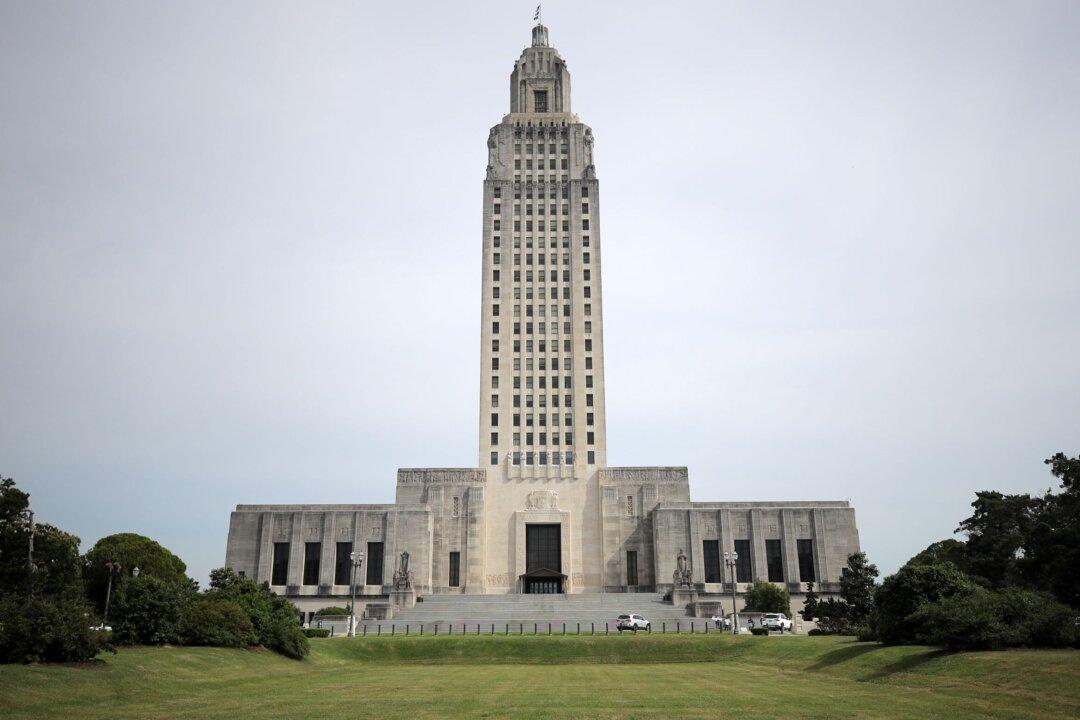A primetime televised candidate debate dominated by the elephant in the room—an absent frontrunner so far ahead in polls, those on the stage were seemingly auditioning to be the fait accompli “other guy.”
Sound familiar?

A primetime televised candidate debate dominated by the elephant in the room—an absent frontrunner so far ahead in polls, those on the stage were seemingly auditioning to be the fait accompli “other guy.”
Sound familiar?